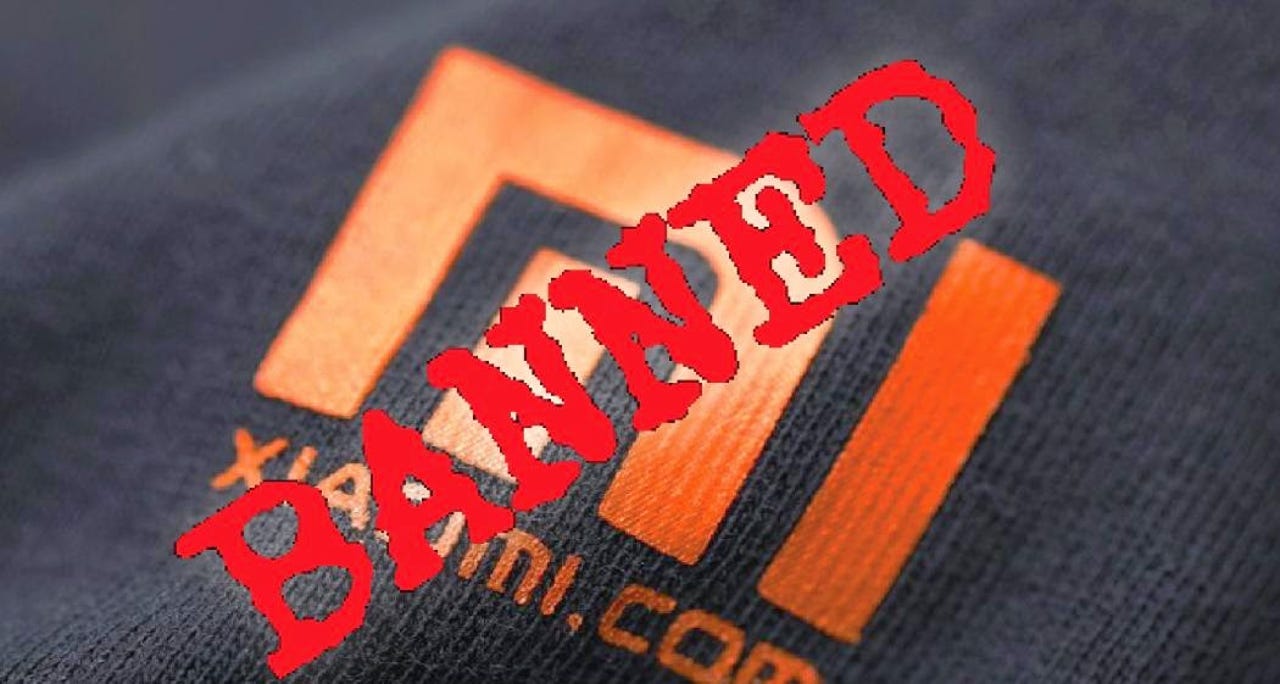Xiaomi one of many companies sued by Ericsson

It is ironic that the company responsible for stopping Chinese smartphone company Xiaomi in its tracks in India was neither a local nor global smartphone competitor, but in fact a company that exited the phone manufacturing business many years ago.
Swedish company Ericsson alleges that Xiaomi has been violating eight of its patents related to to 3G, EDGE, AMR, and other technologies, and that its repeated communications to the Chinese company to pay royalties or to desist altogether went unheeded. Hence, it decided to lodge a suit in Delhi's High Court.

How bad is this for Xiaomi? On the surface of it, pretty grim in the short run, considering the company snatched 1.5 percent market share in India in a hard-to-believe time span of two months, and is continuing on a blistering pace to ensure its dominance in the Indian market, which is growing at the fastest pace in the world -- one that Xiaomi considers second only to China in importance. Only one other company has been able to create such an impact in the Indian market, namely Motorola, and its 5 percent share took it at least nine months.
By contrast, Xiaomi's devices have sold only on the internet and in meagre amounts -- a fraction of the total they will eventually end up flogging in India. These flash sales are typical of Xiaomi when it wants to test the potential of the market prior to a full onslaught. Just last week, Xiaomi sold 75,000 Redmi Note devices in under eight seconds, and its super smartphones, the Mi3 and low-cost Red Mi 1S, have disappeared from stocks in mere seconds in the past. The company even rebranded itself with the moniker "Mi India" so that Indians wouldn't have to grapple with an unwieldy name.
Naturally, Xiaomi will have to sort its current patent imbroglio pretty quickly if it has any hopes of continuing its dream Indian run. A Reuters article that appeared on Monday in both Mint newspaper and the Economic Times refers to unnamed sources, who point out that Xiaomi leadership has known for years that it is vulnerable to patent lawsuits, and that this has in part explained why it decided to expand mainly in Asia first. Apparently, it has already got involved with IP issues with home-grown Chinese firms in areas such as streaming TV, and it is going to face a very tough road ahead at home, since its biggest rivals Huawei and ZTE are holders of some of the largest telecom patents in the world.
For now, however, its most pressing headache lies across the border in neighbouring India, and while things appear to be momentarily bleak, Xiaomi can take succour from the fact that it isn't exactly the first company to be nailed by Ericsson. Ericsson may not be a dominant force in smartphone manufacturing anymore, but it makes up for that by being a formidable force in wireless technology, and holds 33,000 patents, 400 of them in India.
And it's not going to lie down and roll over if it thinks another company is utilising one of its technologies without paying. In early 2013, Indian smartphone leader Micromax was hauled to court by the Swedish company for infringing on eight of its wireless technology patents.
The Delhi High Court, in an ex-parte interim junction, ordered the company to fork out a percentage of sales in the form of royalties that uses these technologies until 2015. Micromax, in turn, said that Ericsson failed to uphold to the "fair, reasonable, and non-discriminatory" (FRAND) terms that would have been part of the agreement.
Then, in January this year, the Competition Commission of India began investigating another Ericsson complaint against Indian smartphone maker Intex.
The biggest case that Ericsson has filed so far of a similar nature was against Samsung a few years ago, when it accused the South Korean company of 24 patent infringements, including one that dealt with the digital conversion of speech. Samsung claimed that Ericsson was asking for an unreasonable amount in royalties, but eventually settled in January 2014, positively impacting the Ericsson bottom line by $500 million and signalling that Ericsson is going to recoup billions of dollars over the years from Samsung, thanks to its wireless patents.
If Xiaomi knows what's best for it, it would do well to reach a settlement as quickly as possible with Ericsson and then carry on with the business it knows best; wooing the hearts, minds, and wallets of Indian consumers.